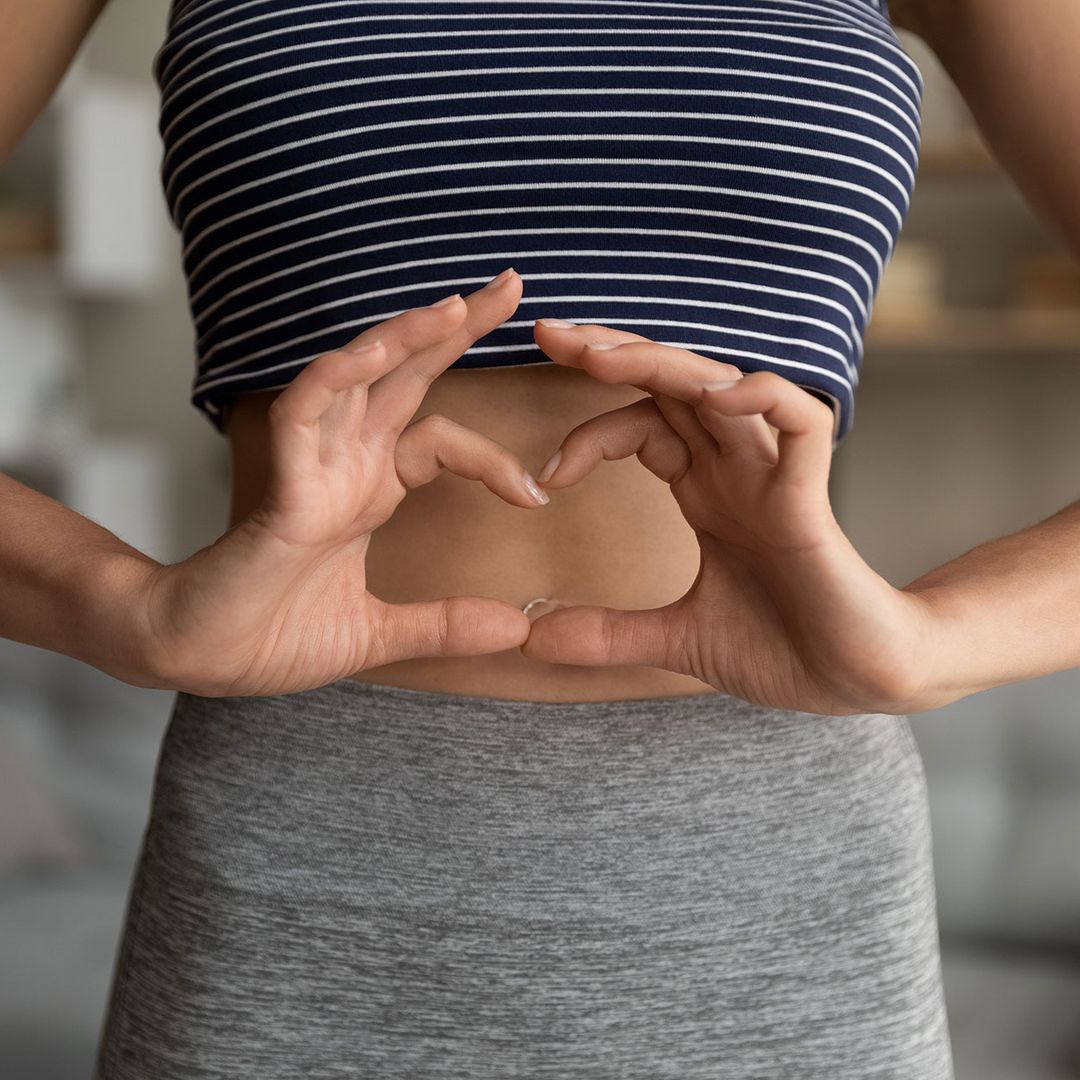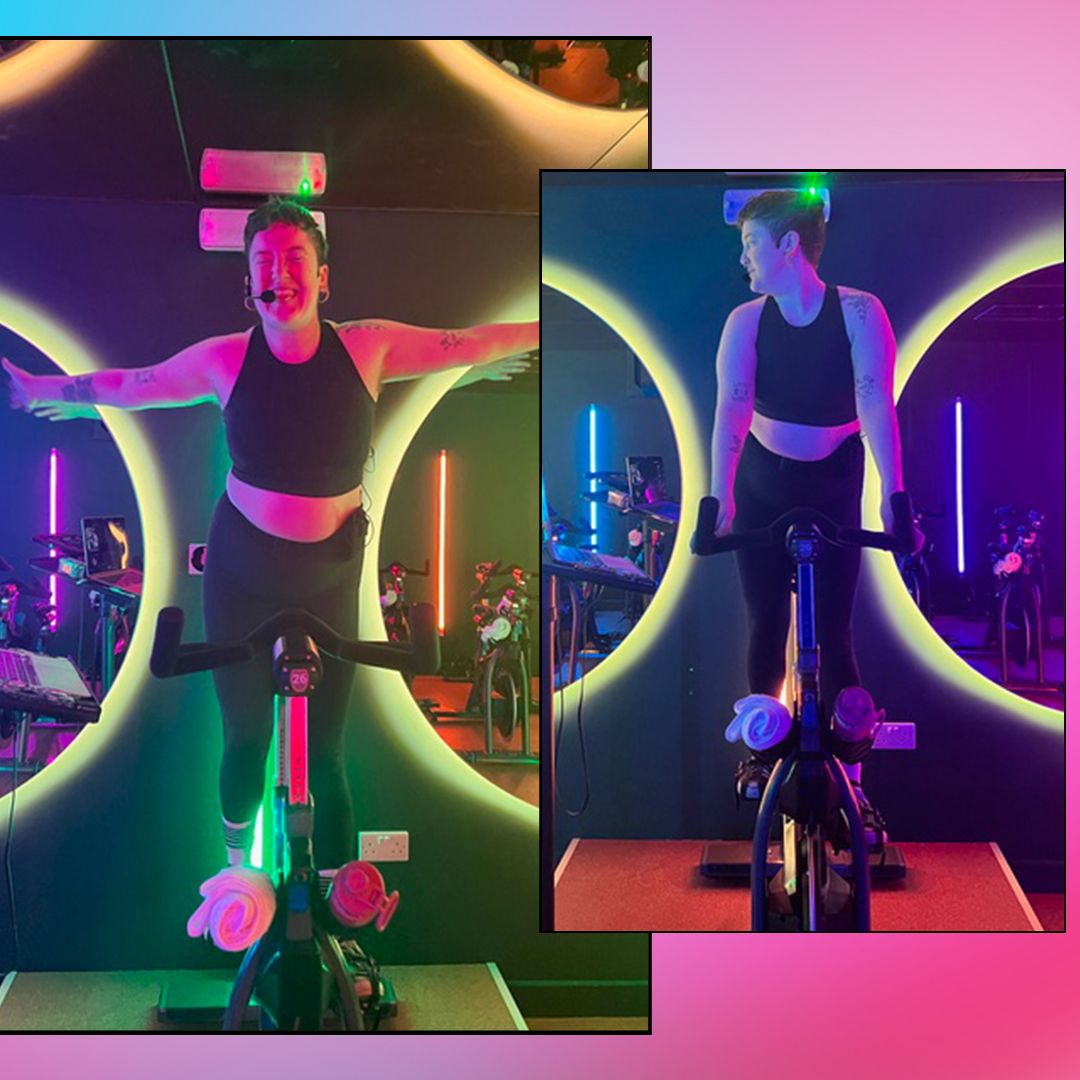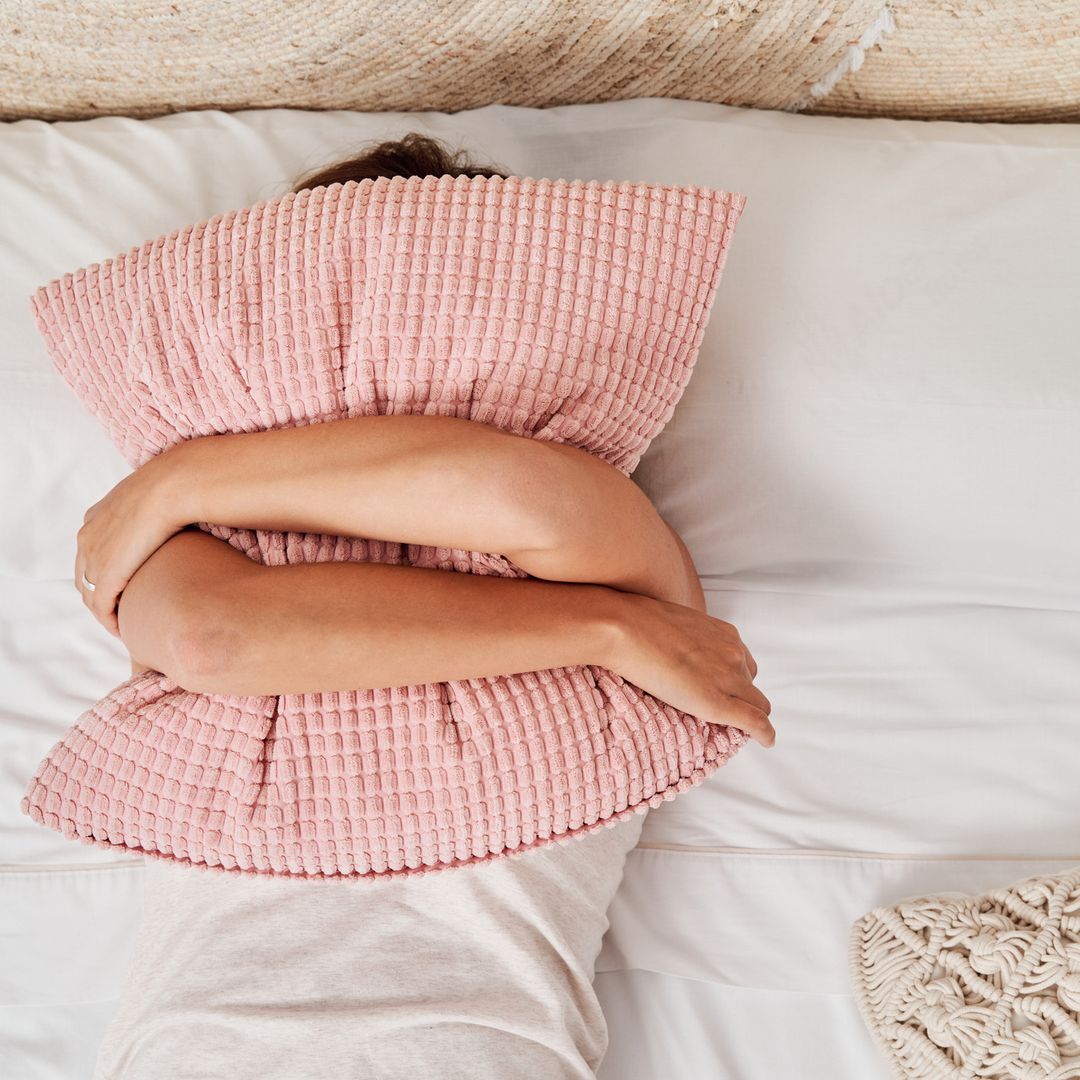Just because you work out doesn't automatically mean you will use more calories than you consume. If you want to lose weight, you also need to look at what – and how – you eat, particularly when you get back from the gym, hungry and in a hurry.
However often you go to the gym, and however religiously you follow through the exercise routines, if you want the calories you eat to be converted into energy and not fat, you need to pay attention to your diet and your eating habits.
Simply going to the gym won't be enough if you raid the fridge the moment you get back home. Rather than just eating the first thing you find, try to opt for a quick snack to keep you going while you take time to prepare something healthy. A small slice of wholemeal bread or toast with a low fat spread or cheese should be enough to be getting on with.
It's important not to neglect your protein intake after exercise, as this will help strengthen muscles; so lean meat and hard-boiled eggs are both good post-work-out foods. Beware of the fats and sugars that make sweet snacks and potato crisps so tasty – and so tempting.
After moderate exercise, you should aim to consume less than 15% fat. If you binge on high-sugar, fatty foods you will probably undo all the good you managed to do at the gym, as well as ending up feeling dull and 'stodgy' instead of invigorated.
Other options for a quick snack while you wait for your main meal include nuts, low-fat cheese and fruit, raw veggies with a little humus, or a low-cal cereal bar. Finally, don't forget that your body will take a few minutes to register what you've eaten, so eat slowly and stop after a small quantity to give your system time to catch up: you'll probably find you need to eat less than if you wolf your food down.









